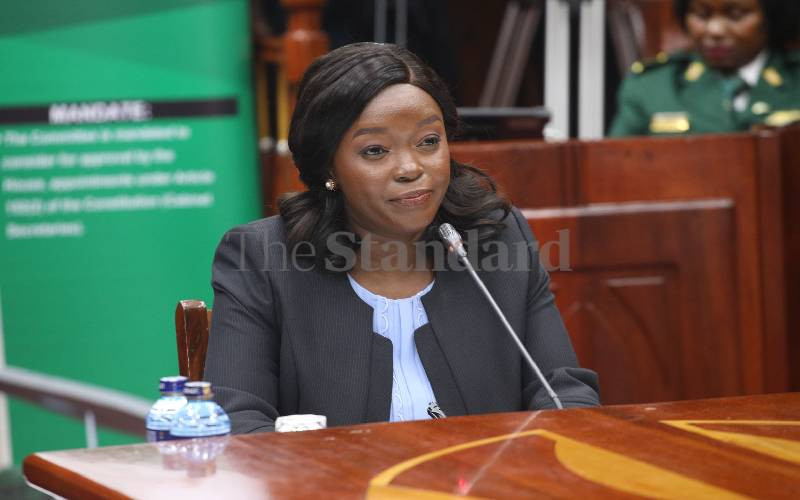
There are three names you would not miss in a discussion on Caribbean Literature. Derek Walcott, VS Naipaul and George Lamming.
And in the last five years, all three have died, leaving a yawning gap in their respective nations, region and literature. Walcott was St Lucian, Naipaul was born in Trinidad and Tobago and Lamming a Barbadian. Lamming was the last to go, passing away on June 4 aged 94. Walcott died in 2017 and Naipaul in 2018.
Lamming was best known for his novel ‘In the Castle of My Skin’, but the self proclaimed “slow writer” had six novels under his belt. The others are The Emigrants, Of Age and Innocence, Season of Adventure, Water with Berries and Natives of my Person. After his death, Barbadian Prime Minister Mia Amor Mottley said “George Lamming must be considered one of the most famous writers this region has produced.”
My first encounter with Lamming’s work was in a Caribbean Literature class lecture, studying ‘In The Castle of My Skin’, a semi-autobiographical novel that explores the themes of identity, racism and colonialism. Described as modernist fiction, it explores the socio-cultural experiences of the narrator, G, as the world changes around him.
And as Queen Elizabeth II celebrated her Platinum Jubilee on the throne, ‘In The Castle of my Skin’ made it onto a 70-book reading list christened the Big Jubilee Read. The list seeks to celebrate leading authors from across the Commonwealth.
“The seventy titles consist of ten books from each decade of Her Majesty The Queen’s reign, offering a brilliant selection of beautiful and thrilling writing,” said The Reading Agency. The list was curated in partnership with BBC, and picks 10 books from every decade of the Queen’s reign.
‘In The Castle of My Skin’ made in into the 1952-1961 list alongside VS Naipaul’s ‘A House for Mr Biswas’ and Nigerian Amos Tutuola’s ‘The Palm Wine Drinkard’. Like his Lamming, Naipaul’s novel also explores the theme of identity, a common thread in works by Caribbean authors around this time.
Not surprisingly, Derek Walcott also makes it onto the list with his poem ‘Omeros’, published in 1990. Kenyan Ngugi wa Thiong'o's 'A Grain of Wheat' made it into the 1962-1971 category alongside Nigerian Chinua Achebe's 'Arrow of God' and Ghanaian Ayi Kwei Armah's 'The Beautyful Ones Are Not Yet Born'.
 The Standard Group Plc is a
multi-media organization with investments in media platforms spanning newspaper
print operations, television, radio broadcasting, digital and online services. The
Standard Group is recognized as a leading multi-media house in Kenya with a key
influence in matters of national and international interest.
The Standard Group Plc is a
multi-media organization with investments in media platforms spanning newspaper
print operations, television, radio broadcasting, digital and online services. The
Standard Group is recognized as a leading multi-media house in Kenya with a key
influence in matters of national and international interest.
 The Standard Group Plc is a
multi-media organization with investments in media platforms spanning newspaper
print operations, television, radio broadcasting, digital and online services. The
Standard Group is recognized as a leading multi-media house in Kenya with a key
influence in matters of national and international interest.
The Standard Group Plc is a
multi-media organization with investments in media platforms spanning newspaper
print operations, television, radio broadcasting, digital and online services. The
Standard Group is recognized as a leading multi-media house in Kenya with a key
influence in matters of national and international interest.






